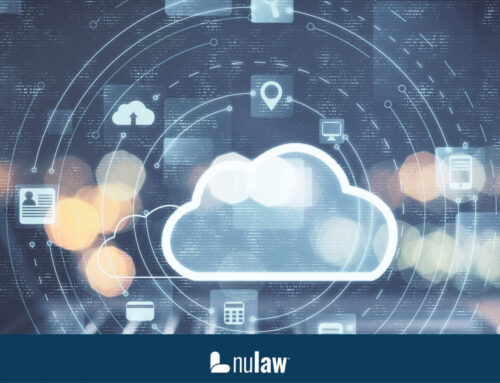Popular Tags
Here’s What the Short-Term Future of Legal Software Looks Like
2018 was quite an exciting year for legal software development. We saw a lot of big players come out of the shadows to announce new plans for legal case and practice management in the office. As developers of what we believe is one of the best legal software packages in the industry, we think looking back on 2018 gives us a glimpse into what the short-term future of our industry looks like.
LawSites contributor Bob Ambrogi published a great piece in late December 2018 that dovetails nicely with our thoughts on the short-term future. His article covered 20 of the most important developments in legaltech in 2018. Let’s look at a few of those developments and how they will affect legal software in 2019.
Analytics Takes Center Stage
Ambrogi’s first development centered around how analytics took center stage in 2018. We cannot disagree. A number of important players delved into the analytics space by announcing new platforms capable of analyzing everything from court opinions to litigation statistics.
Strong analytics will be vital to legal case practice management software for a couple of reasons. First, analytics focused on the litigation side of things to help attorneys better prepare their cases. The right data lets them know what they’re up against before they ever enter the courtroom.
Secondly, analytics in the marketing realm equips law firms to better address case acquisition. Analytics data tells them what clients will likely need and how they can utilize their resources to bring new cases into the office.
Legal Research Getting More Attention
Hand-in-hand with analytics is legal research. If there’s one clear advantage case management software has over legacy systems it is its ability to open up doors to research only accessible online. The internet age has given attorneys access to so much more information than ever had before, which will be very important to attorneys big moving forward.
By the way, NuLaw not only enables extensive online research, it also provides a built-in law library where research documents can be stored. Combining our library with the vast resources of internet research makes any attorney a better litigator.
Developer Competition Heats Up
Further down on Ambrogi’s list of developments is his observation that competition among software developers really heated up in 2018. We can certainly attest to that. Moreover, we think it’s a good thing. Competition in the legal case and practice management arena leads to better products and lower prices. That is good for attorneys, their clients, and even our industry.
Not too long ago the legal software market was dominated by a small number of major players. That’s no longer the case. 2018 saw a plethora of new players enter the market with their own takes on case management software. We see no reason competition among developers will not continue throughout 2019 and into 2020.
More States Expect Technology Competence
One last point we want to bring up is the fact that more states now expect legal competence among attorneys. Following the ABA’s formal decision to adjust its Model Rules of Professional Conduct to address technical competence back in 2012, states began imposing the obligation on attorneys. According to Ambrogi, the number of states expecting technical competence among attorneys has now reached 35. It could get a lot closer to 50 during 2019.
Legal case practice management has fully entered the arena of technology. At this point, there is absolutely no looking back. That’s why we created NuLaw. It is why we think your law firm should take a serious look at our legal software.



